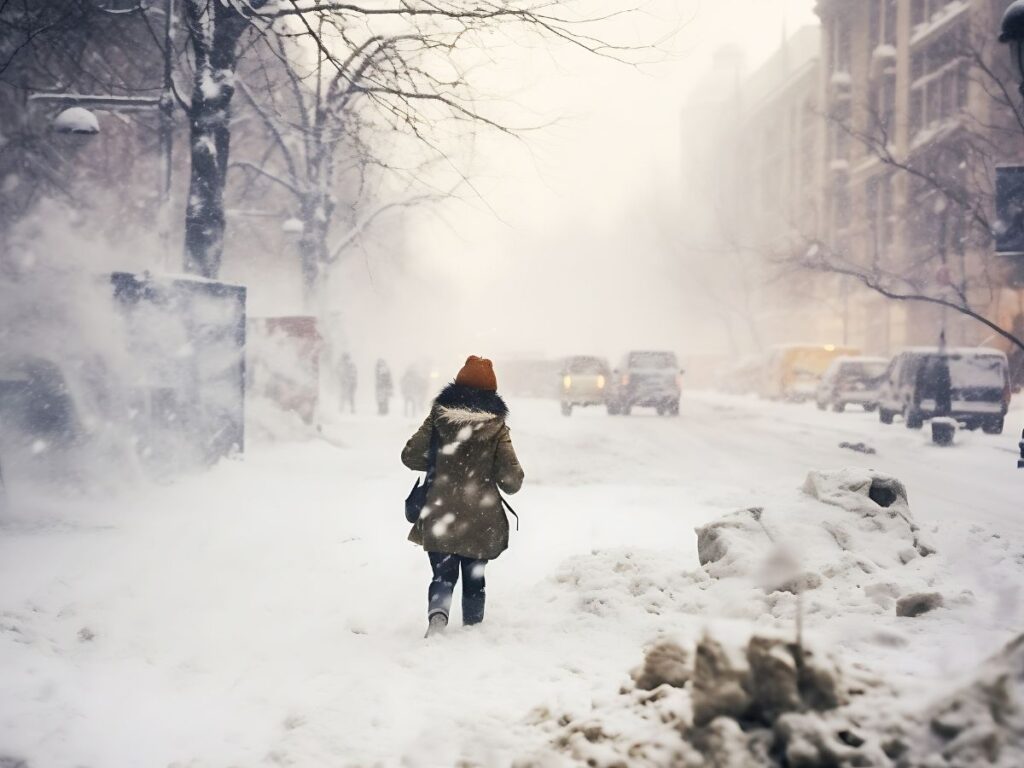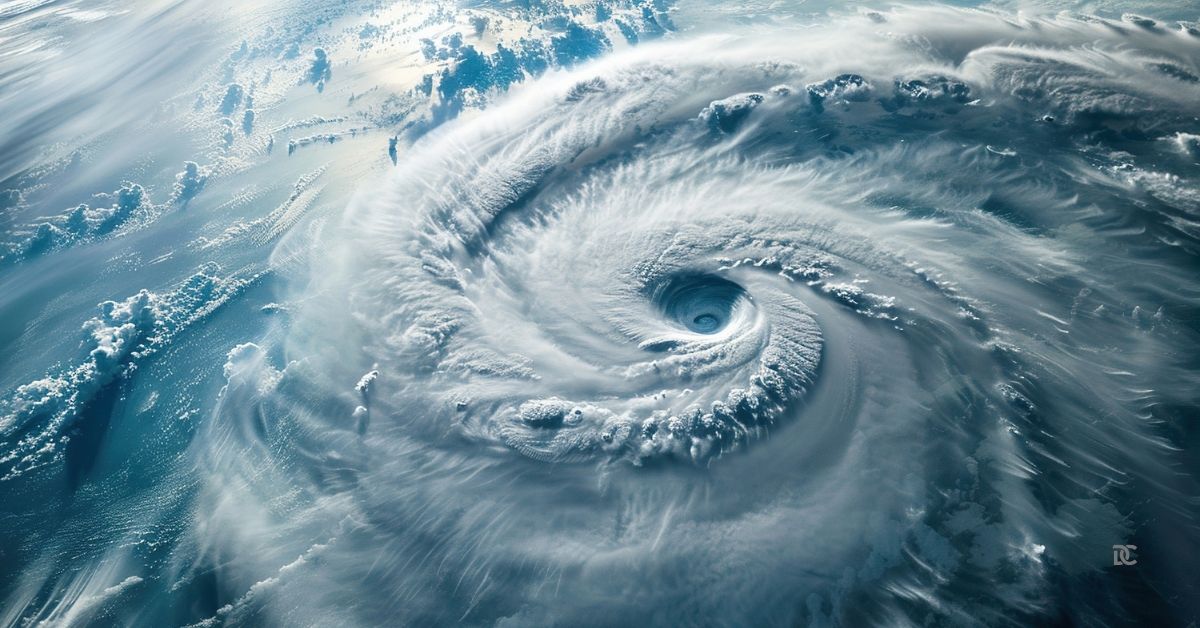You might have heard weather forecasters mention a “bomb cyclone” or say a storm is undergoing “bombogenesis.” These terms might sound alarming, but what do they mean, especially for Detroit?
- Bomb Cyclone: A storm that strengthens very rapidly.
- Bombogenesis: The process by which a storm rapidly intensifies.
- Cyclogenesis: This just means the beginning or formation of a cyclone (a storm).
A bomb cyclone is a storm that gets strong, really fast. Think of it like a regular storm that suddenly “explodes” in strength. The process it goes through is called bombogenesis.
So, bombogenesis is when a storm rapidly intensifies over a short period.
How Does a Bomb Cyclone Form?
When a storm intensifies rapidly, it indicates a significant amount of air is being drawn into the storm’s circulation. This air spirals inward towards the center, rises, and then exits through the top of the storm. If the outflow of air leaving the storm exceeds the amount being sucked in, the pressure drops further, allowing the system to continue developing.
Also Read
For a storm to be classified as a bomb cyclone, it must meet a specific criterion related to atmospheric pressure:
- Atmospheric Pressure: This is the weight of the air above us, measured using a barometer in units like inches of mercury or millibars (mb).
- Rapid Pressure Drop: If a storm’s central pressure drops by at least 0.71 inches (which is 24 millibars) within 24 hours, it’s undergoing bombogenesis.
An Example:
- A storm starts with a pressure of 29.98 inches.
- If, within 24 hours, the pressure drops to 29.27 inches, that’s a drop of 0.71 inches.
- This rapid drop means the storm has intensified quickly and is considered a bomb cyclone.
Why Do Bomb Cyclones Form?
Bomb cyclones usually form when there’s a big difference in temperature over a short distance. This often happens over the ocean, where cold air from the land meets warmer air over the water.
- Cold Air Meets Warm Air: When cold air from the north meets warm air from the south (or over warmer ocean waters), it creates much energy.
- Rising Air: This energy causes air to rise rapidly, leading to lower pressure.
- Jet Stream: Strong winds high up in the atmosphere (the jet stream) can help the storm strengthen faster.
Could a Bomb Cyclone Affect Detroit?
Yes, it can. While bomb cyclones are most common along the East Coast, they can also occur in the Midwest, including areas like Detroit.
- Great Lakes Influence: The Great Lakes can contribute to temperature contrasts, which can help form intense storms.
- Winter Storms: In the colder months, Detroit can experience strong winter storms that may undergo bombogenesis.

Current Situation: There’s a bomb cyclone happening, but it’s not projected to hit Michigan. It’s unlikely to cause any unusual weather in Detroit or the rest of Michigan.
Even though the bomb cyclone won’t affect us, it will still be really cold for the rest of the week. So, bundle up when you go outside!
Notable Examples of Bomb Cyclones From the Past
- Superstorm of 1993: Although more impactful on the East Coast, this storm underwent bombogenesis and demonstrated how powerful these systems can be.
- Midwest Storms: There have been instances where rapid storm intensification has affected the Midwest, bringing heavy snow, strong winds, and blizzard conditions.
What Does It Mean for You?
When a bomb cyclone is forecasted:
- Severe Weather: Expect the potential for heavy snowfall, strong winds, and possibly dangerous travel conditions.
- Stay Informed: Monitor local weather reports to know how the storm might affect Detroit and surrounding areas.
- Prepare: Have emergency supplies, like food, water, and flashlights, in case of power outages.
Quick Recap
A bomb cyclone is a rapidly intensifying storm that can bring significant weather impacts. Understanding what it is can help you be better prepared when such storms are forecasted in Detroit.
- Bomb Cyclone: A storm that rapidly intensifies due to a quick drop in atmospheric pressure.
- Bombogenesis: The process of this rapid strengthening.
- Impact on Detroit: The current bomb cyclone isn’t expected to affect us, but cold weather will continue.
While bomb cyclones can cause severe weather in some areas, the current one isn’t something we need to worry about here in Detroit. However, the chilly temperatures are here to stay for a bit, so stay warm and safe.
Understanding these weather terms can help you stay informed and prepared, but remember that not every big storm will impact our area. Always check local weather reports for the most accurate information.
Stay warm!






